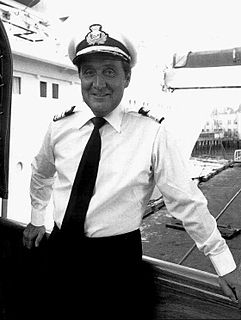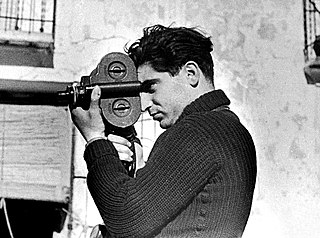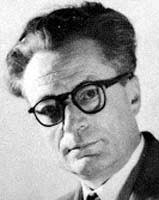A Quote by Catherine Camus
[Albert]Camus had denounced the gulag and Stalin's trials. Today we can see that he was right. To say that there were concentration camps in the USSR at the time was blasphemous, something very serious indeed. Today we think about the USSR with the camps also in mind, but before it just wasn't allowed. Nobody was allowed to think that or say that if you were left-wing.
Related Quotes
During the '80s, those you would call the young philosophers of France, such as Bernard-Henri Lévy and [André ] Gluxman, pointed out that Camus had said things no one wanted to hear in the political arena. They said it was [Albert] Camus who was right, not those who had slid under the influence of Sartre, that is to say an unconditional devotion to Communism as seen in the Soviet Union. And ever since then the evaluation of Camus has continued to modify up until today
I wanted to write about the time when science became modern, around the 1950s. Right after physicist J. Robert Oppenheimer, science started being so politicized and used as such a political weapon. When my father, who is a scientist, tells me about those years, I get a competing portrait of people who were expected to behave normally and be decent respectable members of society and who were also allowed this freedom to think in big and expansive ways. Now, when you think about people who work in labs, they're allowed to be socially inept in a very fundamental way.
My father raised us like... we were not allowed to see people in any sort of colors, but also we were not allowed to call people fat. If ever we were to say, 'Oh that fat person, or this person,' he would make us put a bar of soap in our mouth and count to 10. We weren't allowed to look at people like that.
My father raised us like … we were not allowed to see people in any sort of colors, but also we were not allowed to call people fat. If ever we were to say, ‘Oh that fat person, or this person,’ he would make us put a bar of soap in our mouth and count to 10. We weren’t allowed to look at people like that.
My religious upbringing was comically strict — even the Dirt Devil vacuum cleaner was banned. In our house, no one was allowed to refer to deviled eggs. We had to call them angelic eggs. We were never allowed to swear. I'd get into trouble just for saying 'Hell no'. If you dropped a hammer on your toe in our house you had to say something like 'Jiminy Christmas'. The only music we were allowed to listen to was gospel. No wonder I rebelled.
Then one day I realized that a false picture of the German camps had been created and that the problem of the concentration camps was a universal one, not just one that could be disposed of by placing it on the doorstep of the National Socialists. The deportees - many of whom were Communists - had been largely responsible for leading international political thinking to such an erroneous conclusion. I suddenly felt that by remaining silent I was an accomplice to a dangerous influence.





























